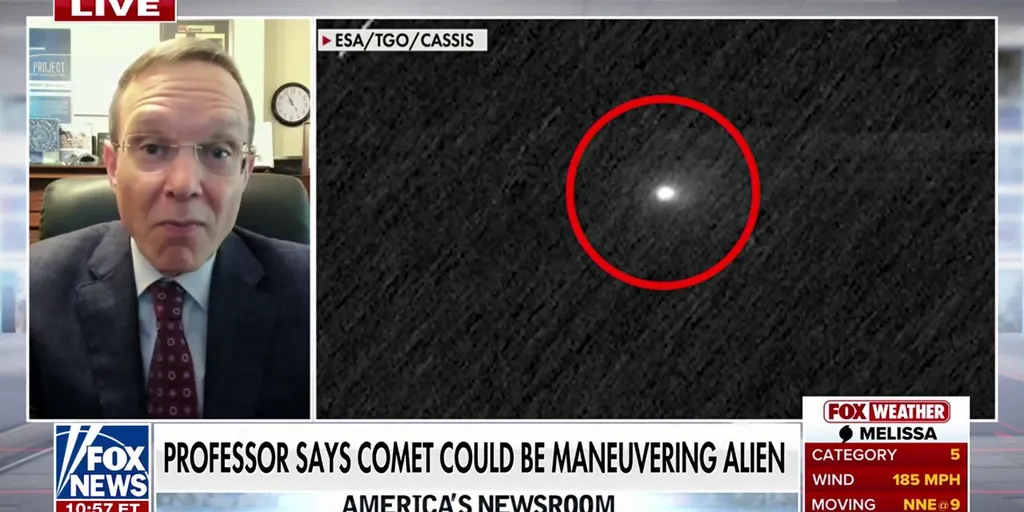Copyright The Hollywood Reporter

Universal Music Group is settling its copyright infringement lawsuit against AI music generation platform Udio, the companies confirmed late Wednesday night, with the two companies saying they’d now be collaborating to develop new AI music generation and streaming platform. UMG and Udio didn’t provide any financial details of the settlement but said the new platform would come out sometime in 2026 and would be trained on licensed music from UMG’s catalog. UMG is the world’s largest music company, with a roster that includes stars like Ariana Grande, The Weeknd, Billie Eilish and Sabrina Carpenter among others. The deal ends UMG’s involvement in one of the most high-profile lawsuits in the music industry, coming over a year after Universal sued AI music generators Suno and Udio alongside fellow “Big Three” music companies Sony Music Group and Warner Music Group. The record companies accused the two AI platforms of massive copyright infringement by training their models on millions of unlicensed works from their catalogs. At press time, Sony and Warner are still litigating against Udio. All three companies remain in active litigation against Suno. In a press release, UMG and Udio said the new subscription service would “transform the user engagement experience, creating a licensed and protected environment to customize, stream and share music responsibly.” “This moment brings to life everything we’ve been building toward – uniting AI and the music industry in a way that truly champions artists,” Udio founder and CEO Andrew Sanchez said in a statement. “Together, we’re building the technological and business landscape that will fundamentally expand what’s possible in music creation and engagement.” UMG and Udio said Udio’s current product would be available to users in a “walled garden” before the new product is made available next year. “These new agreements with Udio demonstrate our commitment to do what’s right by our artists and songwriters, whether that means embracing new technologies, developing new business models, diversifying revenue streams or beyond,” UMG chairman and CEO Lucian Grainge said in a statement. “We look forward to working with Andrew who shares our belief that together, we can foster a healthy commercial AI ecosystem in which artists, songwriters, music companies and technology companies can all flourish and create incredible experiences for fans.” Alongside the Udio deal, UMG, which will post its third quarter earnings later this morning, also announced a partnership with Stability AI on Thursday to develop a slate of AI music creation tools, though the companies didn’t disclose what those specific tools would be. UMG and Stability said the new tools would be “powered by responsibly trained generative AI and built to support the creative process of artists, producers and songwriters globally.” AI remains among the most-pressing issues in the music business. Last month, Spotify shared a new AI policy to crack down on AI use by “bad actors” while not outlawing AI music on the platform outright. The streaming service said at the time that it had removed 75 million “spammy” songs. Earlier this month, Spotify announced it had entered an agreement with all of the major music companies to develop new AI music products. Of the new partnership with Stability, UMG EVP and chief digital officer Michael Nash said that the company has “made abundantly clear, we will only consider advancing AI tools and products based on models that are trained responsibly.”



